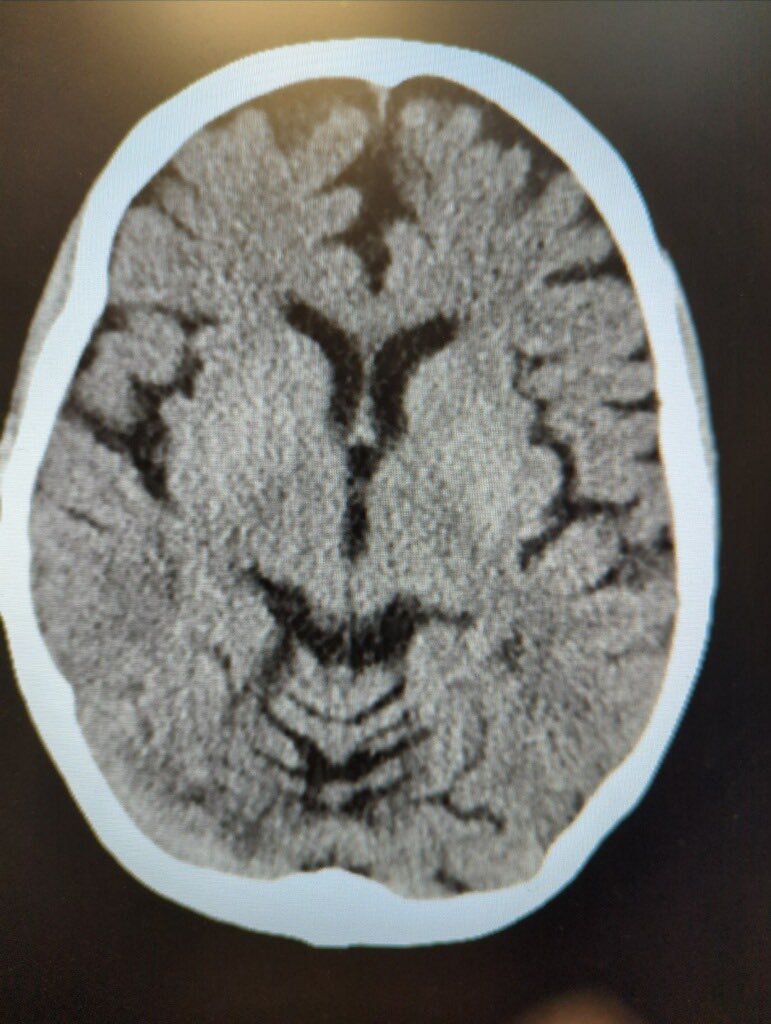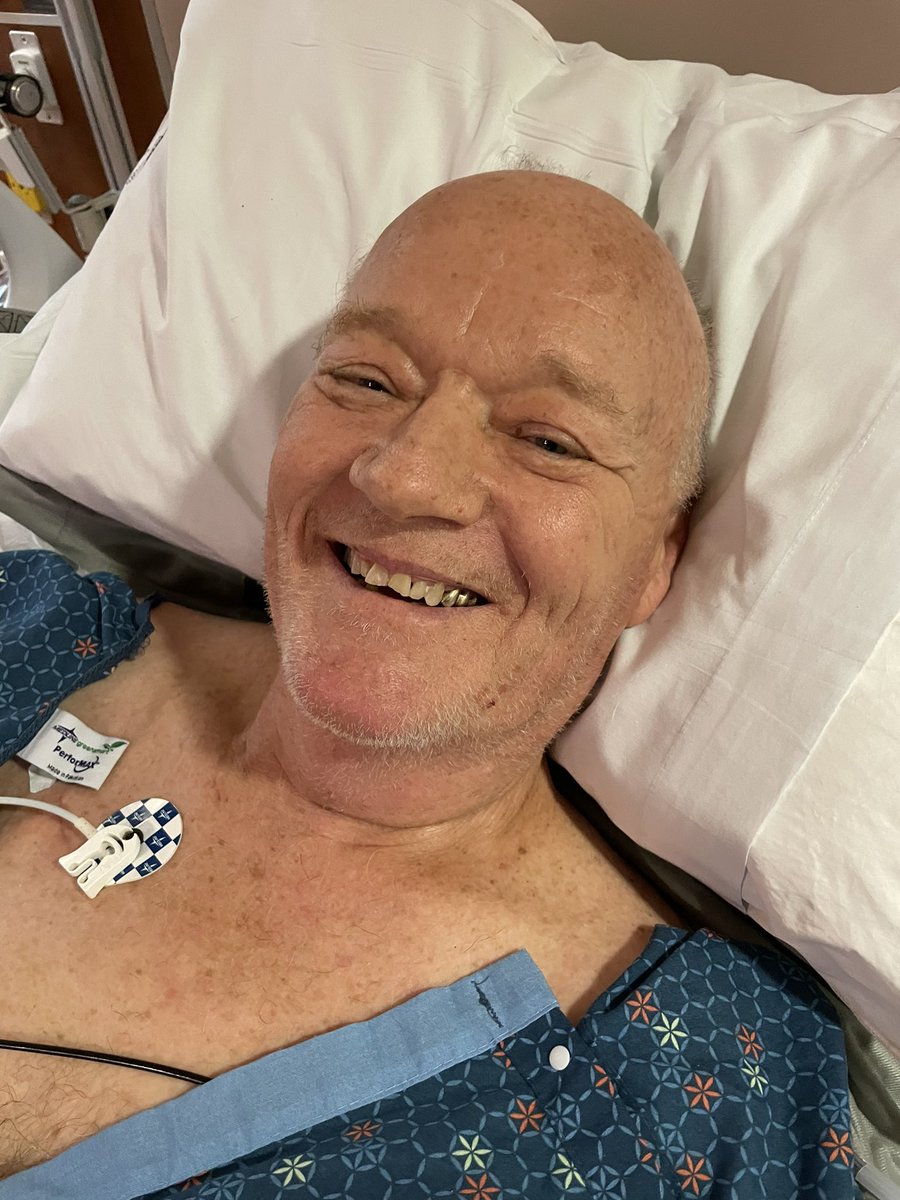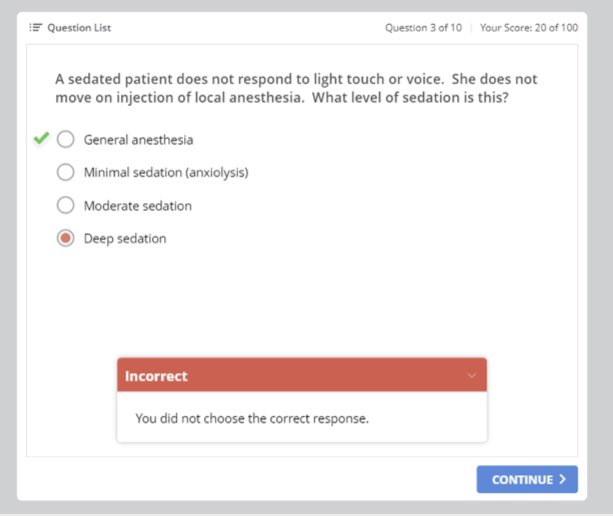
1/🧵Is Paxlovid Rebound real?👇
Short answer: I say Yes @JAMA_current
It’s when you go from COVID ++ to - to ++ after Treatment.
Prior to #Omicron & Pax, rebound seemed rare.
We need more data.
This article has pearls I want to share…
bit.ly/3NZsSEY
Short answer: I say Yes @JAMA_current
It’s when you go from COVID ++ to - to ++ after Treatment.
Prior to #Omicron & Pax, rebound seemed rare.
We need more data.
This article has pearls I want to share…
bit.ly/3NZsSEY
2/ 1st “If you’re ++, you must assume you’re infectious to others,” he explained.
“PCR test confirmed his positive rapid Ag test & it was back to jail for Dr. Ho.”
Recently, similar cases have been reported & @CDCgov issued a health advisory May 24:
bit.ly/3aDw8Yf
“PCR test confirmed his positive rapid Ag test & it was back to jail for Dr. Ho.”
Recently, similar cases have been reported & @CDCgov issued a health advisory May 24:
bit.ly/3aDw8Yf
3/ There are just way too many anecdotal cases to ignore.
In recent weeks, prominent physicians in the US including @tmprowell @Bob_Wachter @PeterHotez have all discussed the reality of #PaxlovidRebound.
Yet, @pfizer downplays this & the early papers don’t mention it.
In recent weeks, prominent physicians in the US including @tmprowell @Bob_Wachter @PeterHotez have all discussed the reality of #PaxlovidRebound.
Yet, @pfizer downplays this & the early papers don’t mention it.
4/ A real-world study out of Hong Kong in 1.1M people upheld good news about effectiveness of Paxlovid: a 75% ⬇️ in death & 53% ⬇️ dz progression & 31% ⬇️ hospitalization w Paxlovid use.
Still we are left wanting real data on Paxlovid Rebound.
bit.ly/3MA80mP
Still we are left wanting real data on Paxlovid Rebound.
bit.ly/3MA80mP
5/ Is rebound part of an “evolved” COVID itself or is it a response pattern to antivirals like Paxlovid & Molnupiravir?
Some have suggested it’s just part of the natural history of the viral dz.
Others say that’s hogwash.
Bottom line: we don’t know yet.
Some have suggested it’s just part of the natural history of the viral dz.
Others say that’s hogwash.
Bottom line: we don’t know yet.
6/ “Even if rebounds turn out to be mild & self-limited, they have consequences for people in terms of their ability to go back to work or school,” @Bob_Wachter pointed out,
He also opined that it seems like #omicron and this therapy are changing what we see. I second that.
He also opined that it seems like #omicron and this therapy are changing what we see. I second that.
7/ What do we know?
Anecdote: the virus Dr. Ho relapsed with was genetically identical to the original one he was infected with.
That means he did NOT get reinfected & that the virus didn’t develop “antibiotic resistance” to Paxlovid.
I’m sure both can happen though.
Anecdote: the virus Dr. Ho relapsed with was genetically identical to the original one he was infected with.
That means he did NOT get reinfected & that the virus didn’t develop “antibiotic resistance” to Paxlovid.
I’m sure both can happen though.
8/ Some propose we’re using the drug too early.
I disagree.
“Earlier” is almost always better when it comes to treatment for infectious diseases.
Maybe some people require longer treatment?
@PeterHotez reported rebound. I’d love to know his opinions on timing & duration.
I disagree.
“Earlier” is almost always better when it comes to treatment for infectious diseases.
Maybe some people require longer treatment?
@PeterHotez reported rebound. I’d love to know his opinions on timing & duration.
9/ del Rio says the biggest challenge is Paxlovid is not
being used enough.
Remember, those at highest risk are those w underlying diseases & likely already on other meds.
Using COVID meds w close monitoring of drug-drug interactions is key to keeping patients safe.
being used enough.
Remember, those at highest risk are those w underlying diseases & likely already on other meds.
Using COVID meds w close monitoring of drug-drug interactions is key to keeping patients safe.
10/ TO DO…
If I get a “cold,” I think it’s critical to conduct a Rapid Ag test. That way I can initiate treatment (whatever my doctor recommends) as quickly as possible, and #quarantine, and step up extra diligent #mask use.
Plus…
If I get a “cold,” I think it’s critical to conduct a Rapid Ag test. That way I can initiate treatment (whatever my doctor recommends) as quickly as possible, and #quarantine, and step up extra diligent #mask use.
Plus…
11/fin
This approach will assure you are doing your best to protect yourself and others.
DO NOT forget that #LongCOVID is mostly agnostic to how sick you get.
The best way to prevent LC is to avoid another COVID infection.
#VAXX #BOOST
👁 🧵👇
This approach will assure you are doing your best to protect yourself and others.
DO NOT forget that #LongCOVID is mostly agnostic to how sick you get.
The best way to prevent LC is to avoid another COVID infection.
#VAXX #BOOST
👁 🧵👇
https://twitter.com/trishgreenhalgh/status/1533803118705664003
• • •
Missing some Tweet in this thread? You can try to
force a refresh

















